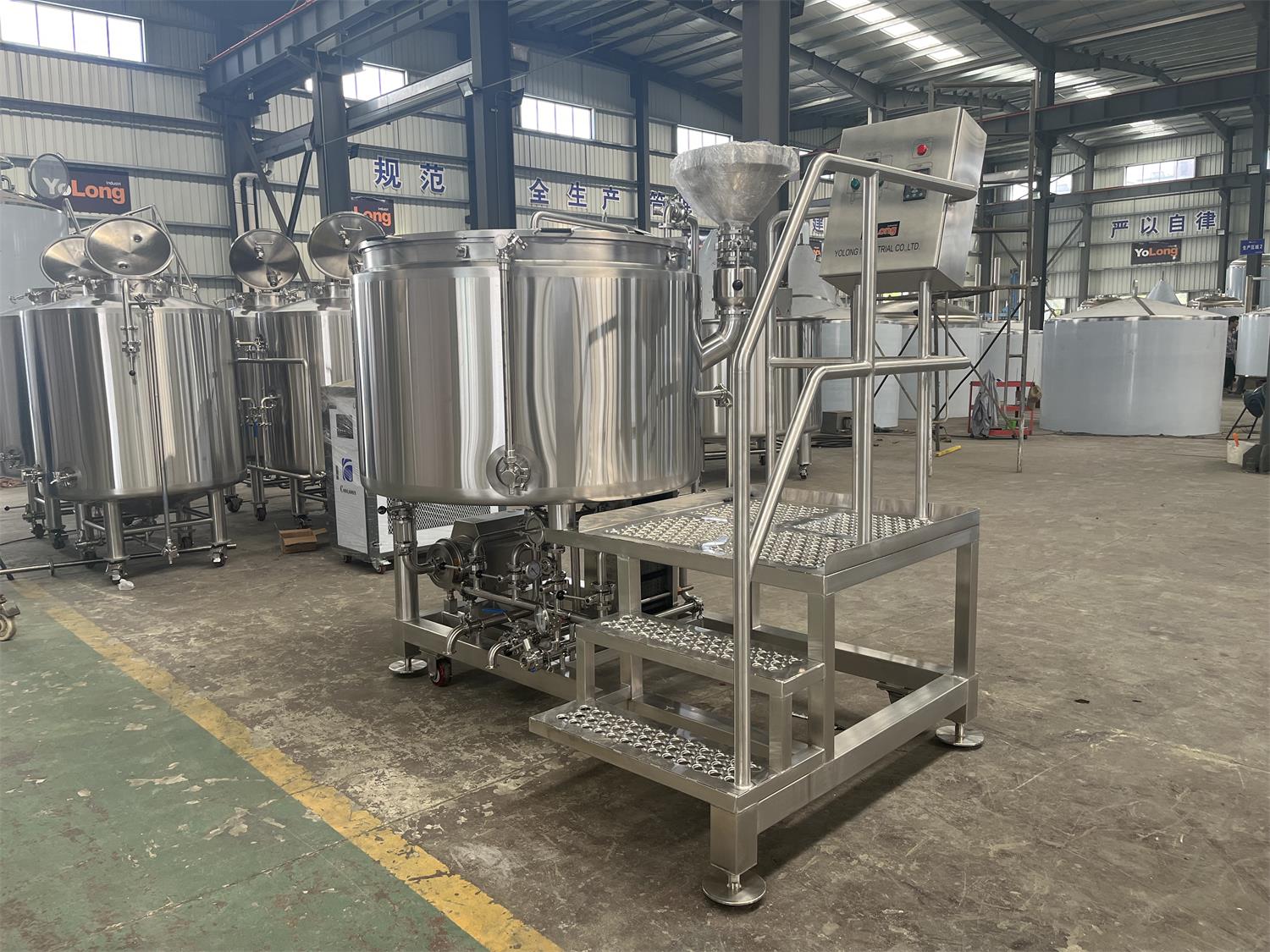How to Start a Successful Nano Brewery
What is a Nano Brewery?
A nano brewery is a small-scale craft brewery that produces a limited volume of beer, typically less than 3 barrels (BBL) per batch. Unlike microbreweries, which can produce thousands of barrels annually, nano breweries focus on ultra-small-batch brewing, offering unique and experimental flavors to niche markets. These breweries often operate in garage spaces, small commercial locations, or even home setups, making them an attractive option for aspiring brewers looking to enter the craft beer industry with minimal investment.
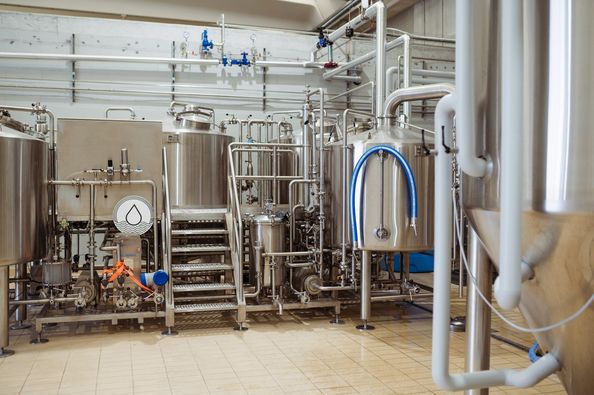
Why Nano Breweries Are Gaining Popularity
The surge in craft beer culture has fueled the demand for nano breweries. Consumers today crave locally brewed, unique, and artisanal beers rather than mass-produced alternatives. The nano brewery model allows entrepreneurs to start small, refine their craft, and build a loyal customer base without the high costs associated with traditional breweries.
Other driving factors include:
- Lower startup costs compared to microbreweries.
- Ability to experiment with diverse beer styles.
- Strong community support for small businesses.
- Increased demand for local and sustainable brewing practices.
Benefits of Starting a Nano Brewery
Starting a nano brewery comes with numerous advantages, making it an appealing business venture for beer enthusiasts:
- Low Initial Investment – Requires far less capital than a full-scale brewery.
- Creative Freedom – Experiment with new recipes, seasonal flavors, and unique brewing techniques.
- Easier Licensing and Regulations – Many regions have more lenient requirements for small-scale brewing.
- Community-Oriented Business Model – Build strong local connections and customer loyalty.
- Scalability – Start small and gradually expand based on demand.
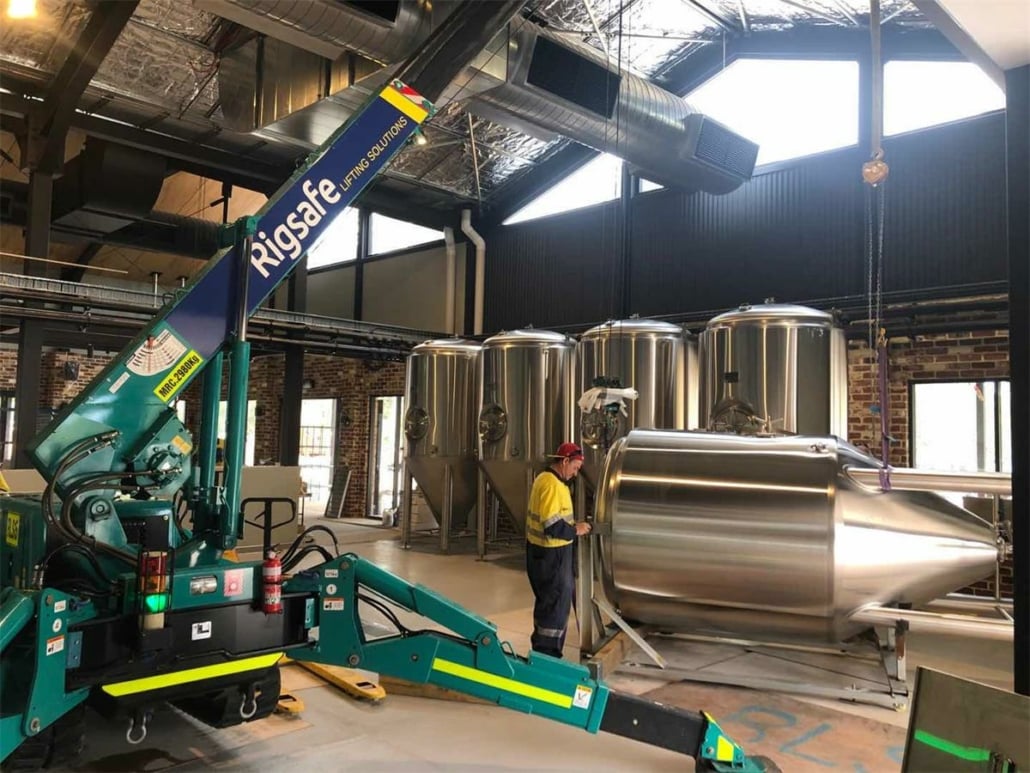
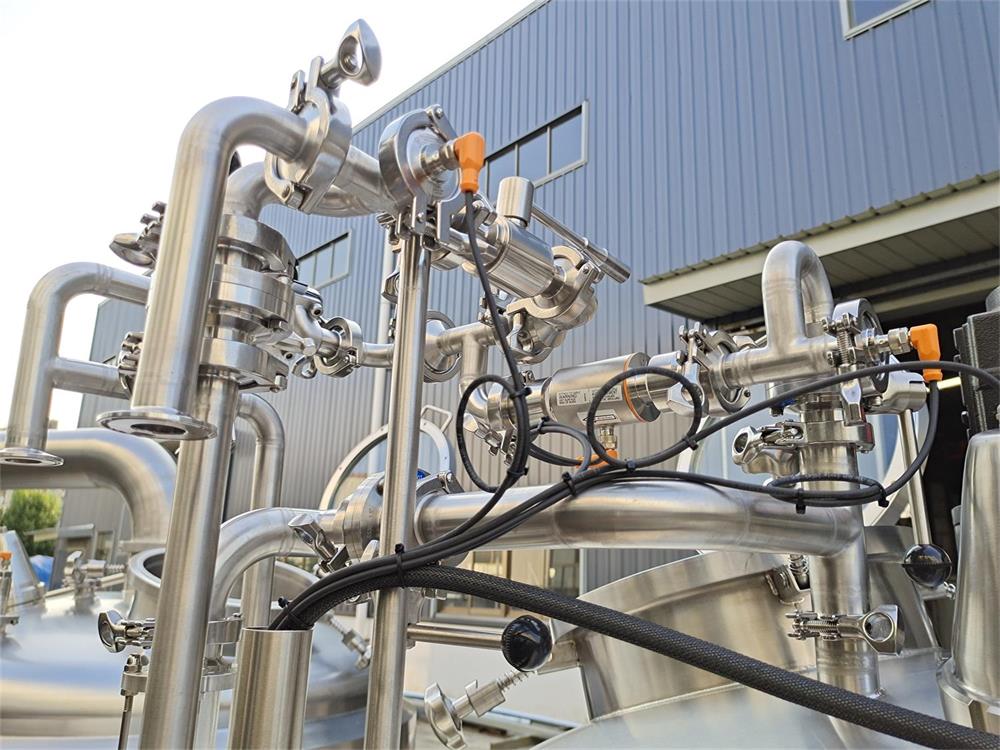
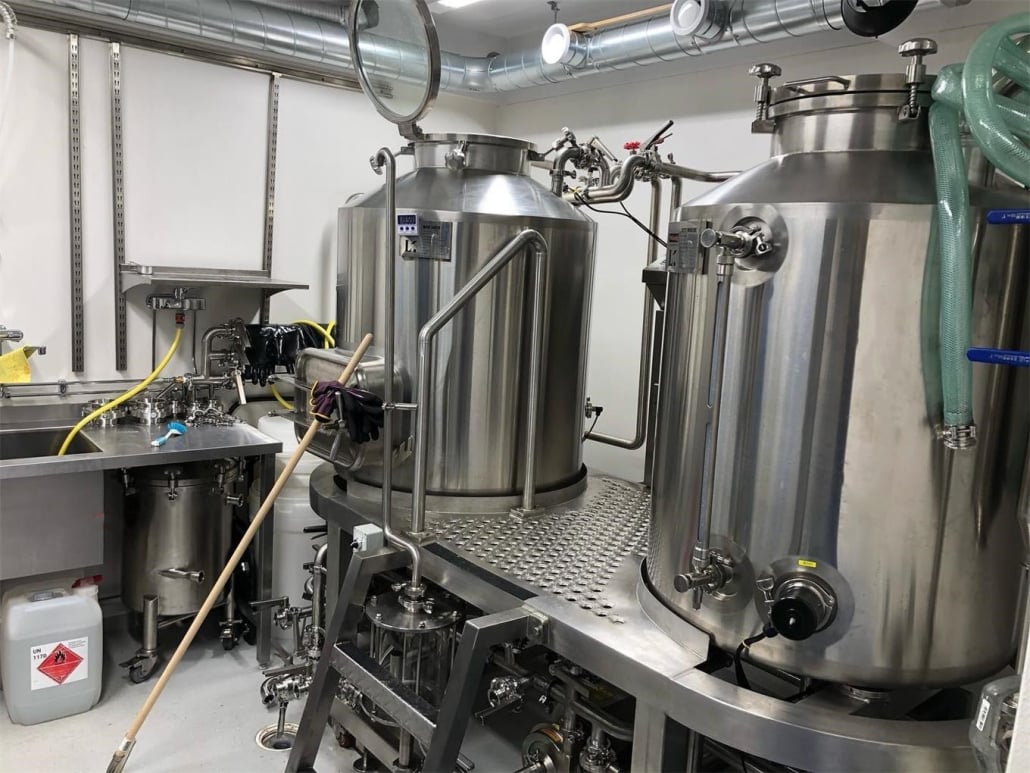
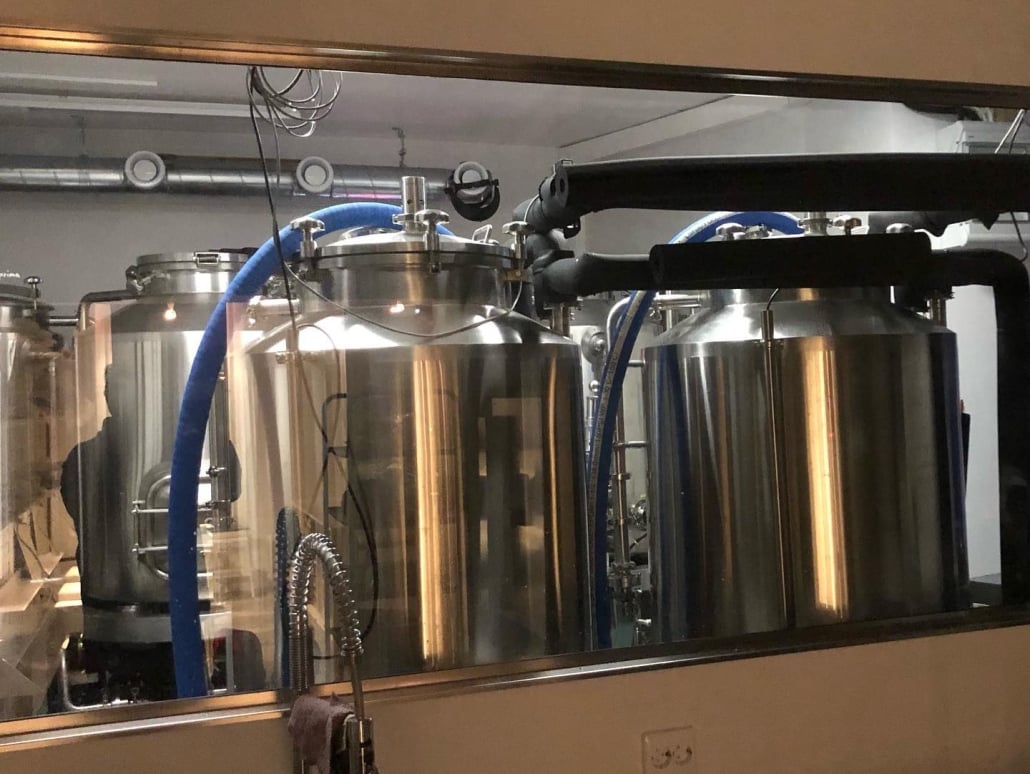
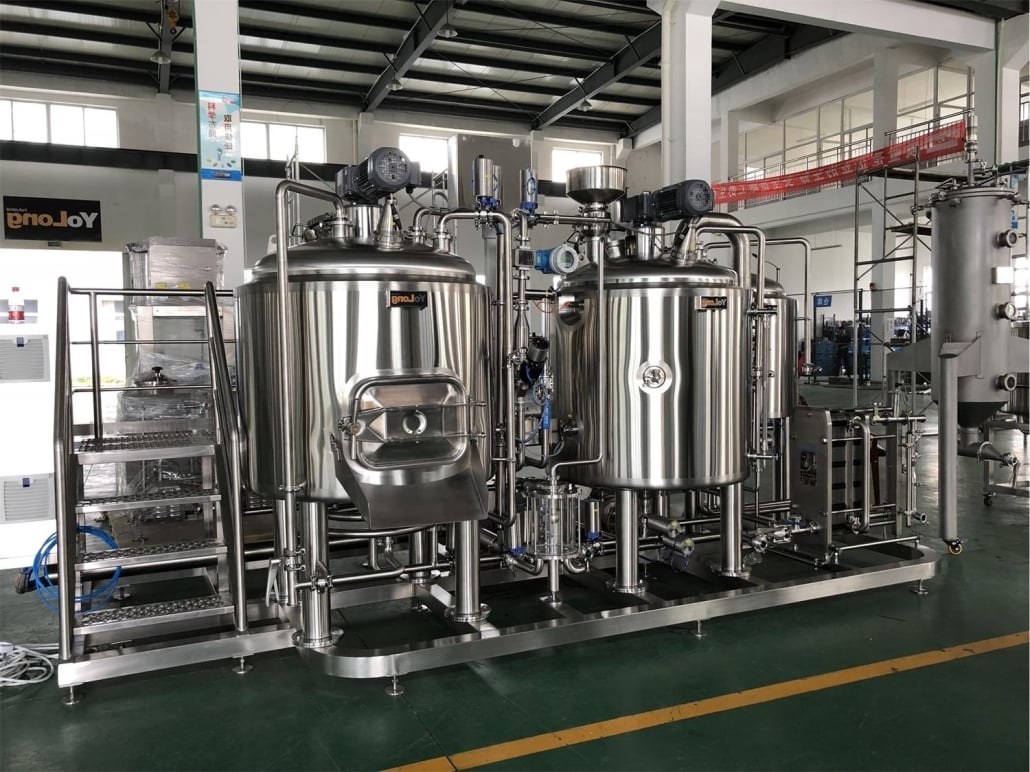
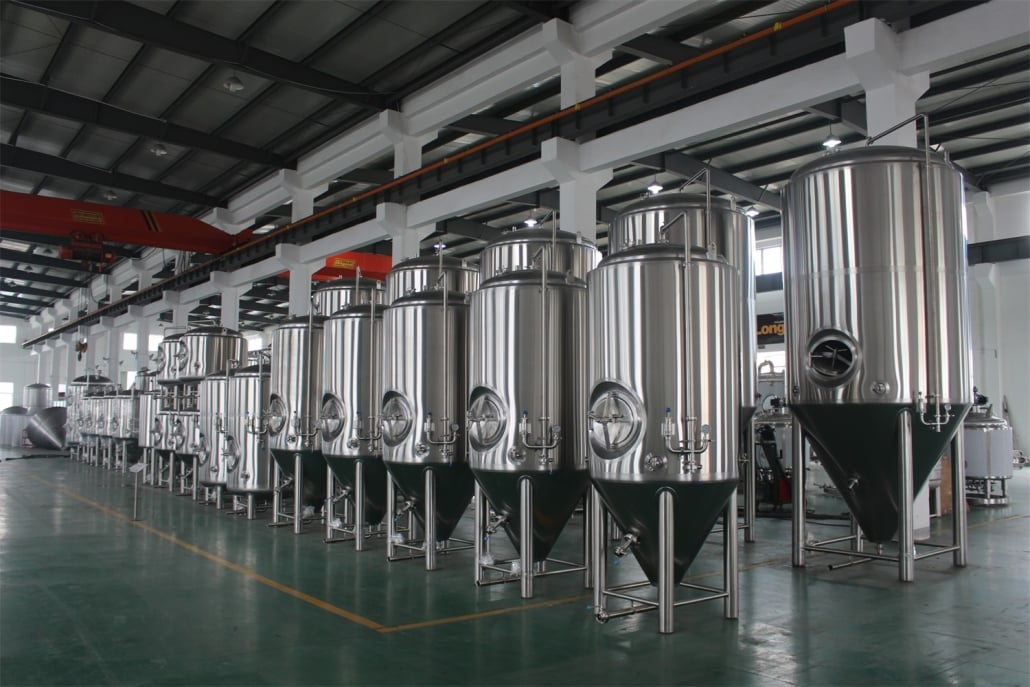
Step-by-Step Guide to Starting a Nano Brewery
| Step | Description |
|---|---|
| 1. Research and Planning | Conduct market research, define your target audience, and create a business plan. |
| 2. Legal and Licensing Requirements | Obtain necessary federal, state, and local licenses, including TTB approval and health department permits. |
| 3. Secure a Location | Choose a suitable brewing space that complies with zoning laws and safety regulations. |
| 4. Invest in Equipment | Purchase essential brewing equipment such as fermenters, kettles, and kegs. |
| 5. Develop Unique Beer Recipes | Experiment with flavors to create a signature product lineup. |
| 6. Branding and Marketing | Build a strong brand identity, including a website, social media presence, and local partnerships. |
| 7. Production and Quality Control | Ensure consistency in beer quality and maintain hygiene standards. |
| 8. Distribution and Sales | Sell your beer via taprooms, local bars, farmers’ markets, or direct-to-consumer channels. |
Common Challenges and How to Overcome Them
| Challenge | Solution |
|---|---|
| High Equipment Costs | Start with used or refurbished equipment to minimize expenses. |
| Regulatory Compliance | Work with a consultant or industry expert to navigate legal requirements. |
| Limited Brewing Space | Utilize stackable fermenters and efficient storage solutions. |
| Marketing on a Budget | Leverage social media, local events, and collaborations to build brand awareness. |
| Scaling Production | Plan for future expansion by reinvesting profits into larger brewing systems. |

Advantages and Disadvantages of Nano Breweries
Advantages:
- Low financial risk compared to microbreweries.
- Ability to test the market without large-scale commitments.
- Creative brewing flexibility with small batches.
- Strong local and community engagement.
Disadvantages:
- Limited production capacity restricts revenue potential.
- Higher per-unit cost due to smaller economies of scale.
- Challenges in distribution if demand exceeds supply.
- Labor-intensive operations due to manual processes.
FAQ
| Question | Answer |
|---|---|
| How much does it cost to start a nano brewery? | Startup costs typically range from $10,000 to $100,000, depending on equipment, location, and licensing fees. |
| Do nano breweries need a liquor license? | Yes, nano breweries require federal and state alcohol production licenses, as well as local permits. |
| How profitable is a nano brewery? | Profitability varies, but many brewers start with low overhead and direct sales to increase margins. |
| Can I run a nano brewery from home? | Some states allow home-based brewing businesses, but strict health and zoning laws apply. |
| How long does it take to start a nano brewery? | It can take 6 months to a year to navigate legal processes, secure funding, and establish brewing operations. |
Share this entry
Interested in learning more about Brewing Systems including additional details and pricing information? Please use the form below to contact us!
YOLONG BREWERY EQUIPMENT FAQS
- Commercial Brewery / Craft Brewery / Microbrewery / Nanobrewery
- What is The Difference Between Craft Beer and Industrial Beer?
- The Bespoke Differences In Custom Brewing Systems
- Everything You Need to Know About Kettle Souring
- How to Choose Brewing Equipment for Your business?
- How To Choose The-Best Partner To Build Your Commercial Microbrewing System?
- Two Detection Sensors That You Need To Use In Your Brewhouse System
- Remote Control Applications in Brewing Equipment/How does it work?
- How To Clean Your Brand New Brewery Tanks?

